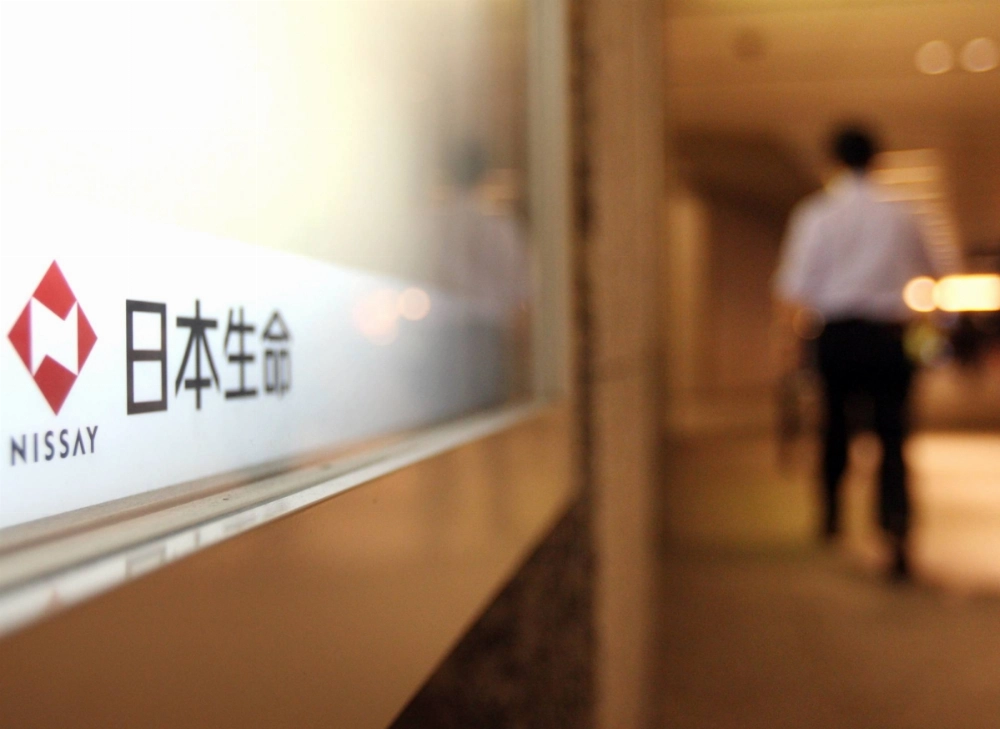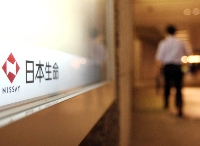Nippon Life Insurance will discontinue the practice of temporarily sending employees to work in the sales departments of other firms such as banks, judging that the arrangements may distort fair competition.
What are known as secondment agreements with major banks and regional lenders have allowed Japanese insurers to dispatch staff to financial firms, where they can sell the companies’ insurance products. But critics have said the practice has led to misconduct, in addition to reducing competition.
Nippon Life now has 51 employees working at other firms including banks, and it plans to negotiate with those companies about removing the workers from those arrangements or reassigning them to departments other than sales, a company spokesperson said.
An example of the troubles that can result from these deals can be seen in the case of used-car dealership Bigmotor. The company admitted in 2023 to deliberately damaging vehicles and padding insurance claims. Japan’s Financial Services Agency issued a business improvement order to Sompo Holdings and its Japanese insurance unit for their involvement in fraudulent claims by Bigmotor.
Japan’s policymakers have been pushing companies to make their operations more transparent and to try to increase shareholder returns. The corporate sector has also faced pressure to sell off cross-held stocks, often of allied firms, that were ubiquitous in the past in Japan’s market, limiting the amount of shares available for investors.
Other measures are being considered to crack down on inappropriate secondment agreements, with the General Insurance Association of Japan, a property and casualty insurance industry group, releasing guidelines in September 2024 prohibiting such staff moves for sales. The FSA has also indicated its intention to strengthen supervision in this area for the entire insurance sector.


















With your current subscription plan you can comment on stories. However, before writing your first comment, please create a display name in the Profile section of your subscriber account page.